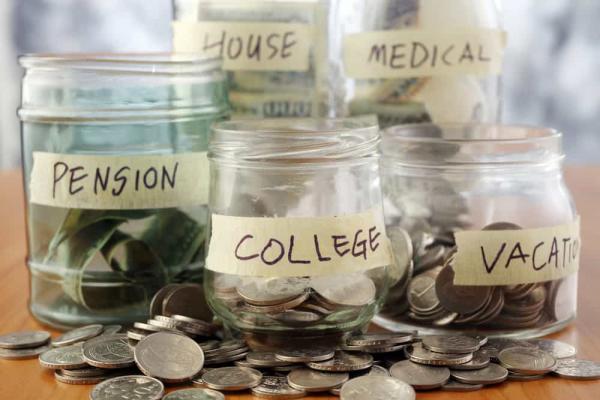
Budgeting for a big family means stretching resources and making expenditures do double duty (or more). Here are eight budget categories to help you use it up, wear it out, make it do or go without.
Clothing
Shop clearance sales with hand-me-downs in mind. It's important to remember that a little extra money upfront for quality clothes makes for sturdier hand-me-downs and substantial future savings.
Lessons/sports/musical instruments
Limit the number of activities children participate in. Parents may decide to let each child choose one sport and one musical instrument. This not only saves on upfront registration fees but also on gas money spent running children to and from lessons, practices and games. Sports equipment and musical instruments can also be passed on to younger brothers and sisters, creating more savings.
Groceries
Buy in bulk. A freezer is a sound investment for a large family. It allows parents to stock up when bread, butter, cheese, meat and other staples are on sale.
Grow a garden. If you have a big family, you have the workforce to grow a nice garden. Gardening provides fresh produce at a significantly better price than the produce aisle or farmer's markets. Compare the cost of one tomato seedling to purchasing the number of tomatoes that plant can produce.
Entertainment
Community resources such as the library, parks, local hiking and recreation centers offer free or nearly free activities. The great thing about large families is that they have many different personalities - which makes for memory-making, spontaneous fun.
Gifts
Limit presents and simplify. Everyone appreciates a thoughtful gift from the heart. Make presents personal gifts of time. Any child would enjoy a coupon from parents for an afternoon snowball war. Also, consider that a gift for one child can be shared with another, thus eliminating the need for so many gifts.
Heating and cooling
Setting your winter thermostat to 68 degrees instead of 70 degrees can save $10 on your monthly heating bill. Likewise, raising your summer thermostat to 78 degrees yields a lower cooling bill.
Short-term savings
Make it automatic. Set up a monthly amount to be transferred to a short-term savings account. Unplanned expenses come up constantly with school-aged children: honor roll trips, end of quarter trips, club fees and various other school related supplies and activities.
Long-term savings
Set up an automatic transfer to a banking institution that is separate from where your checking and short-term savings accounts are. To keep savings long-term, they need to be more difficult to access. Set guidelines for what long-term savings may be used for, and use short-term savings for everything else.

